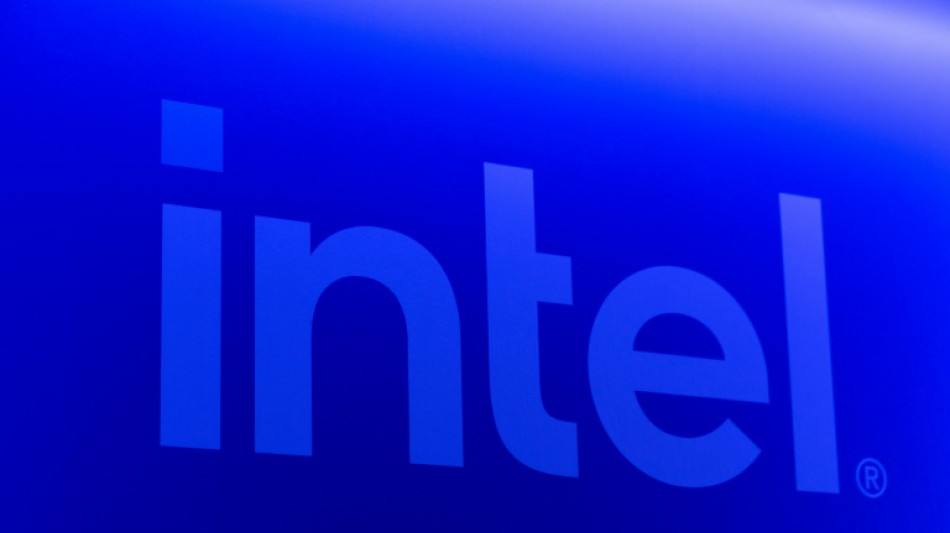
BCC
3.4200

The crucial semiconductor industry, that powers everything from personal computers, smartphones to fighter jets, suffered a dismal first quarter as demand plummeted for chips.
Intel on Thursday posted a massive fall in sales for the first quarter of 2023 because of a steep drop in the demand for semiconductors, especially those for PCs.
Rising prices, a global chip glut and poor demand for hardware also punished Intel's rival Samsung Electronics, which earlier on Thursday reported its worst quarterly profits in 14 years.
Intel's revenue fell 36 percent to $11.7 billion in the three-month period and the semiconductor giant posted a loss of $2.8 billion, its biggest ever for a quarter.
The loss and sales collapse were slightly less catastrophic than expectations, and the stock rallied three percent in post-session trading.
"Intel is heavily dependent on the PC market and as we still seem to be seeing a slowdown in the PC market, consumer PCs especially, I would expect Intel to be having challenges," said Alan Priestley, an analyst at Gartner.
Intel is one of the world's leading semiconductor makers that makes a wide range of products, including the latest generation chips along with Taiwan's TSMC and South Korea's Samsung.
It was also affected by falling demand for chips that power data centers and is struggling to compete with Nvidia for the semiconductors that undergird ChatGPT-style generative AI, a major new and chips-hungry sector for the industry.
In South Korea, Samsung Electronics' chip division reported 4.58 trillion won ($746 million) in losses, its first operating loss since 2009 -- when the world was emerging from the 2008 financial crisis.
The chips industry -- which also serves the military or increasingly connected household appliances -- is well-known for its volatility, with demand and supply see-sawing with the dips and rises in the world economy.
Its central role in the global supply chain became clear during the height of the Covid pandemic.
Lockdowns and health restrictions diminished production out of Asia, leaving surging demand for chips unmet just as everyone turned online for work, shopping and entertainment.
- 'God forbid...' -
Semiconductors have also become a political pawn between the US and China, with Washington urging allies to stop supplying China with cutting edge chips or other supplies, further destabilizing the sector.
The materials required for making chips are often difficult to obtain and China is furious at Washington's effort to thwart its ability to compete in the sector.
Worry is also swirling around Taiwan, home to TSMC, the world’s most important chipmaker, with China taking a more bullish attitude toward the island that it does not recognize politically.
"If, God forbid, China all of a sudden attacked Taiwan, about three-quarters of the world's chip supply could stop," said analyst Jack Gold of J.Gold Associates, LLC.
Taiwan Semiconductor Manufacturing Company (TSMC) operates the world's largest silicon wafer factories and produces some of the most advanced microchips used in everything from smartphones and cars to missiles.
Its sales in the first quarter largely held up against the economic gloom, managing to keep profits steady, though it warned sales would take a hit later in the year.
TSMC is more shielded from a downturn in part because it produces some of the most advanced and smallest chips, which are still highly sought after and in short supply.
To respond to the China threat, and in response to the pandemic supply crunch that caught them off guard, the US and EU have planned to shell out $100 billion combined to become more self-sufficient in semiconductors production, a process that could take years.
According to Deloitte, more than 80 percent of semiconductor manufacturing happens in Asia and the best scenario will see that share reduced to 50 percent by 2030.
"It's a very intense, competitive ecosystem out there and it'll just get more complicated as more of these chips come to marketplace," said Gold.
Y.Chaudhry--DT